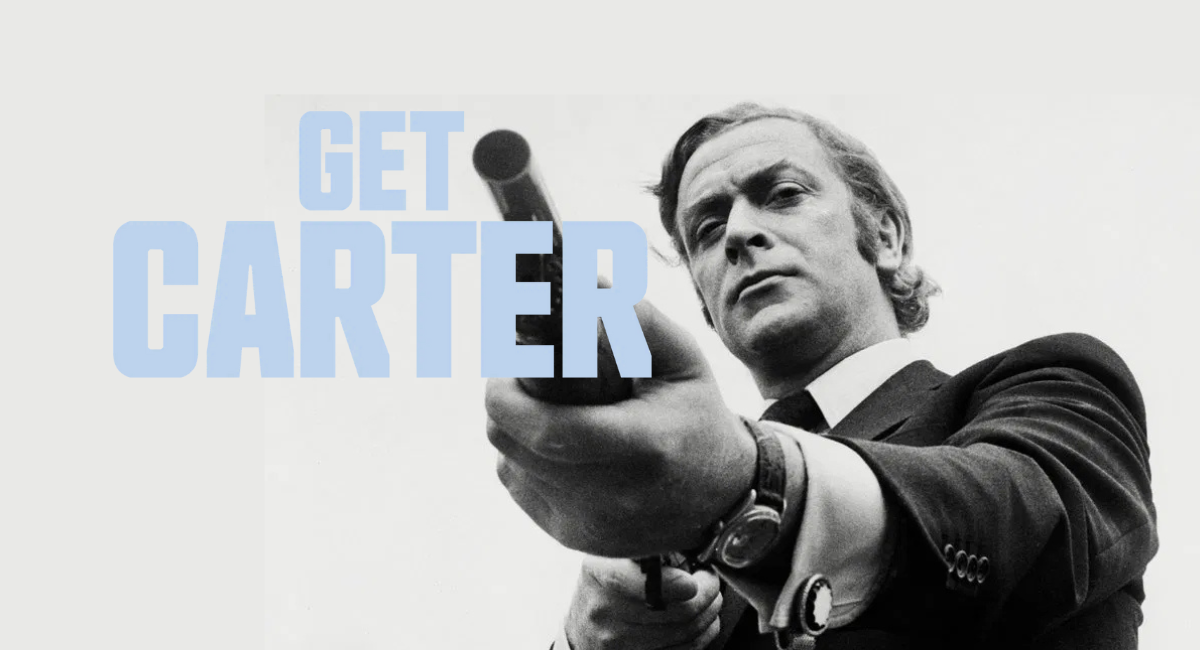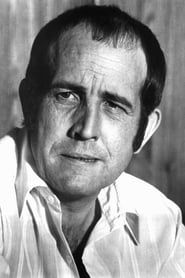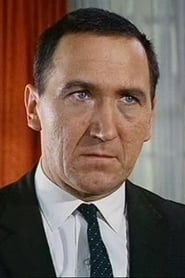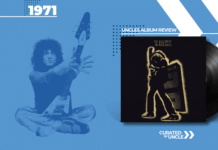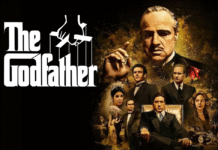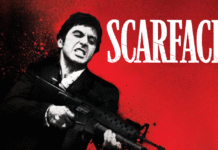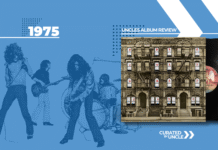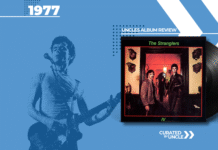Get Carter (1971): Welcome to Newcastle. Hope You Brought a Weapon.
There are British gangster films, and then there’s Get Carter (1971) – a film that doesn’t so much flirt with violence as slam it against a concrete wall while lighting a fag off the resulting sparks. Directed by Mike Hodges and based on Ted Lewis’s novel Jack’s Return Home, Get Carter is a chilly, brutal and weirdly poetic descent into the murky swamp of corruption, family and industrial England.
Michael Caine plays Jack Carter, a London mob enforcer with the emotional warmth of a broken radiator and the moral compass of a shark in a suit. When his brother dies in what’s laughably labelled an “accident,” Carter returns to his hometown of Newcastle – a place so grim it makes Mordor look like a Center Parcs – to uncover the truth. Spoiler: people die. A lot.
Table of Contents
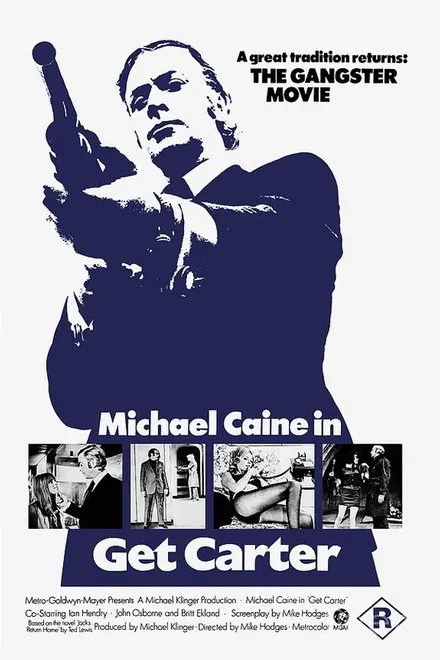
Michael Caine as Jack Carter – Charm Has Left the Building
Let’s get this out of the way: this isn’t The Italian Job. There are no cheeky quips, no Minis doing loop-the-loops and no explosions accompanied by cocky winks. Jack Carter is a cold-blooded sociopath dressed like a Savile Row undertaker. Caine, at the height of his cool, dials the charm down to zero and the menace up to “genuinely unsettling.”
It’s a brilliant casting move. Caine plays Carter as a man who doesn’t just hold grudges – he pickles them in formaldehyde, stores them alphabetically and revisits them with surgical precision. Watching him smile is like seeing a fox grin at a chicken coop. You don’t feel reassured – you feel the need to leave the country.
The Plot – A Murder Mystery, But Everyone’s Guilty
Jack Carter returns to Newcastle to attend his brother Frank’s funeral, convinced that Frank didn’t just fall into his own death like a clumsy insurance claim. What follows is a grim, booze-soaked trudge through a landscape filled with pornographers, gangsters, sleaze merchants and the sort of blokes who’d knife you for looking at their pint.
The story unfolds like a mystery, but instead of gathering clues, Carter punches his way through suspects until someone confesses or dies of natural causes (read: lead poisoning). Along the way, he discovers that Frank’s death is tied to a pornographic film featuring his teenage niece Doreen – a subplot so grim it makes EastEnders look like Paddington 2.
Newcastle as Hell – The Bleakest Travel Brochure Ever Made
If you’ve ever wondered what Northern England looked like before it discovered coffee shops and Airbnb, Get Carter is your answer. It’s a cinematic time capsule of post-industrial decay: grey skies, soot-covered buildings and staircases that seem designed solely for dramatic murder scenes.
Mike Hodges shoots the city like a war photographer – bleak, raw and disturbingly beautiful. The landscape is so oppressive it becomes a character in its own right: a concrete accomplice to every cruel act that unfolds. The film’s most iconic scene – Carter chasing a man across multiple levels of a car park – turns brutalist architecture into a labyrinth of rage and revenge.
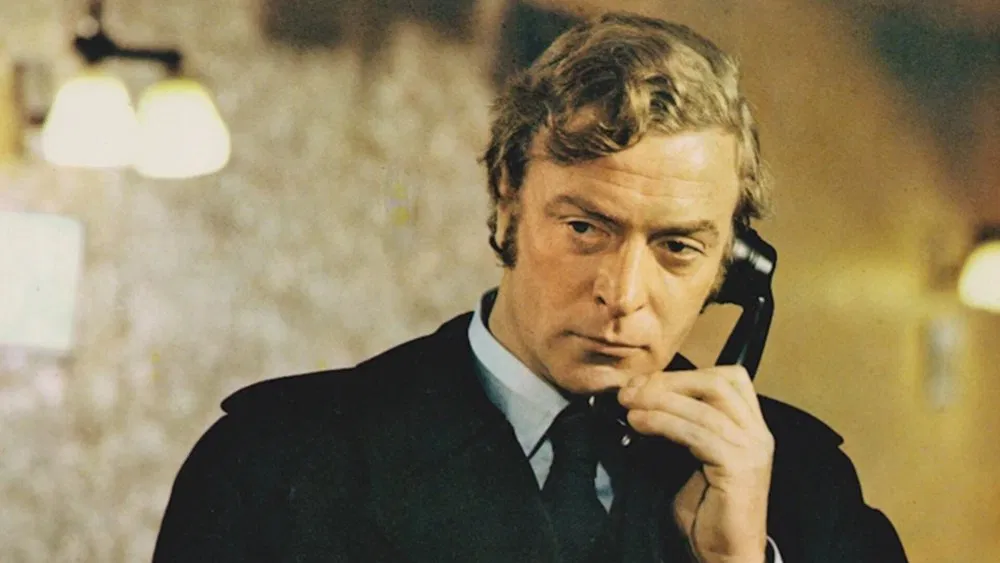
Violence Without Apology – Just the Way Carter Likes It
Get Carter doesn’t glamorise violence; it marinates in it. There’s no slow-motion gunplay, no choreographed fight scenes set to a funky soundtrack. Every punch feels real, every death abrupt and ugly.
When Carter kills someone, it’s not cinematic – it’s transactional. He walks in, asks a question and if the answer displeases him, the scene ends in blood or defenestration. The infamous shotgun-in-the-bed moment is somehow more terrifying for how casually it’s delivered – as if Carter were fluffing pillows rather than executing a man.
In an era where movie violence often feels like interpretive dance with Uzis, Get Carter reminds you that killing people is supposed to be horrific – not a bloody TikTok trend.
Trivia – Because Even Misery Has Fun Facts
1. Caine’s Role Model Was a Real Gangster.
Michael Caine based Carter on actual London hardman Albert Dimes. Yes, that cold, dead-eyed stare was toned down for your comfort.
2. First-Time Director. No Pressure.
Mike Hodges had never directed a feature film before. Naturally, his debut was a bleak, violent masterpiece. Beginner’s luck or deep-seated rage? You decide.
3. Budget Too Low? Add Train Staring.
The moody train intro wasn’t artsy—it was filler. Hodges needed to stretch the runtime. Turns out, brooding on a train equals cinematic gold.
4. The Car Park Was Real. And Hideous.
Trinity Square in Gateshead doubled as a concrete death trap. It was demolished in 2010, presumably out of sheer architectural shame.
5. Caine Refused to Make Carter Likeable.
Studios wanted charm. Caine gave them ice. “He’s a killer,” he said. “You’re not supposed to like him.” Novel idea, that.
6. Nearly Rated X in the U.S.
Nudity, violence, and too much working-class anger nearly earned it an X. America eventually settled for an R—after probably clutching its pearls.
7. That Grim Ending? Fought For.
Execs wanted a happy ending. Hodges said no. Because nothing says “closure” like getting shot on a beach after avenging your brother.
The Soundtrack – Morbidly Groovy
Roy Budd’s eerie, minimalist score deserves its own BAFTA and possibly therapy. The opening theme, with its jazzy electric piano and sinister vibe, sounds like something you’d hear in a lift on your way to Hell’s middle management office.
It’s not bombastic, but it’s unforgettable – much like Carter himself. The soundtrack oozes menace, suggesting violence long before it arrives and somehow makes walking down a train platform feel like a prelude to war crimes.
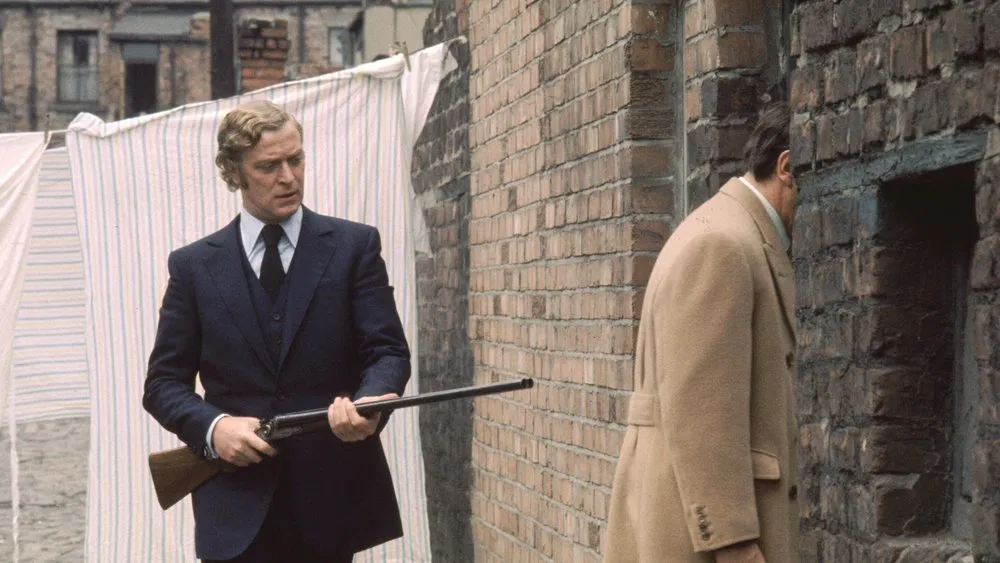
Misogyny, Pornography and Power – Let’s Talk About the 70s
Yes, Get Carter is undeniably a product of its time. And by “product,” we mean it arrives pre-packaged with a whiff of misogyny, casual nudity and enough moral decay to qualify as a radioactive hazard.
Women in this film fall into one of three categories: dead, exploited, or on the receiving end of Carter’s volcanic disdain. There are no strong female leads here – just victims and shadows. It’s uncomfortable. It’s meant to be. The film doesn’t celebrate exploitation – it shows you the rot under the veneer, then rubs your face in it.
You’re not supposed to admire Carter. You’re supposed to survive him.
Legacy – The Blueprint for British Gangster Cinema
Without Get Carter, you don’t get The Long Good Friday, Sexy Beast, or Guy Ritchie’s entire early career. This is the origin story of British crime cinema with a brain, before it got distracted by slow-mo shootouts and men named “Bricktop.”
Its DNA is everywhere – from the steely resolve of Daniel Craig’s Bond to the grime-soaked grit of Peaky Blinders. It showed that British films could be hard-boiled without being American and vicious without needing to shout about it.
And yet, despite its critical acclaim, Get Carter wasn’t an immediate hit. It grew over time, like a tumour made of violence and moral ambiguity.
Get Carter features in our ranked list of The 50 Greatest Gangster Movies of All Time
Remakes and Reboots – The Crimes After the Crime
In 2000, someone – probably fuelled by optimism and a cocaine-dusted script – decided to remake Get Carter with Sylvester Stallone. The result? A film so tonally confused it should’ve been prescribed mood stabilisers.
It kept the title, ditched the soul and replaced gritty realism with slow-mo brooding. Watching it is like eating a microwaved steak – it technically resembles the original, but your taste buds will never forgive you.
Stick to the 1971 version. It may be bleak, but at least it knows what it is.
My Final Thoughts – Get Carter or Get Lost
Get Carter isn’t just a crime film. It’s a cold, clinical dissection of revenge, family and the sheer bleakness of human nature. There are no heroes, no redemption arcs and no satisfying payoffs. Just a man in a suit, chasing ghosts and burying them in concrete.
It’s not fun. It’s not uplifting. But it’s a masterpiece. A twisted, cynical, wonderfully British masterpiece — the cinematic equivalent of being slapped with a cold haddock while someone recites T.S. Eliot.

If You Like Get Carter, I Recommend These Movies:
The Long Good Friday (1980) – Think Get Carter meets Thatcher-era capitalism having a stroke.
Sexy Beast (2000) – Ben Kingsley redefines the phrase “uninvited guest” in this sun-drenched nightmare of retired crime, garden furniture, and expletives.
Brighton Rock (1948) – Before Carter, there was Pinkie – a teenage gangster with a razor blade, a death wish, and all the charisma of a damp sock.
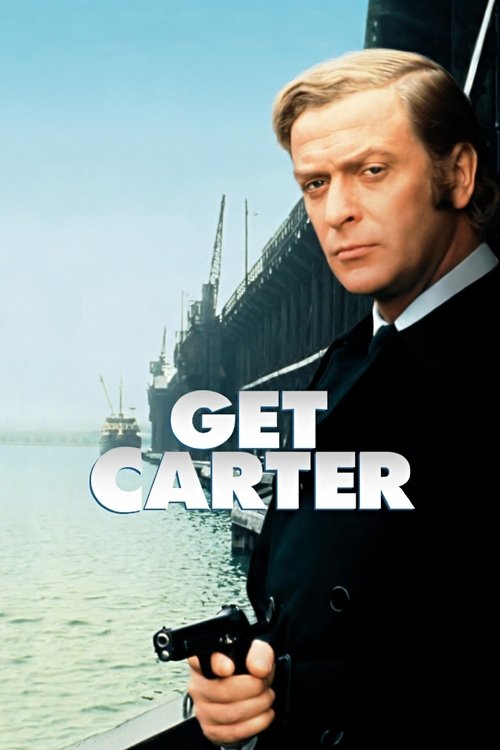
Get Carter
Jack Carter
Eric
Anna
Kinnear
Peter
Con
Glenda
Edna



